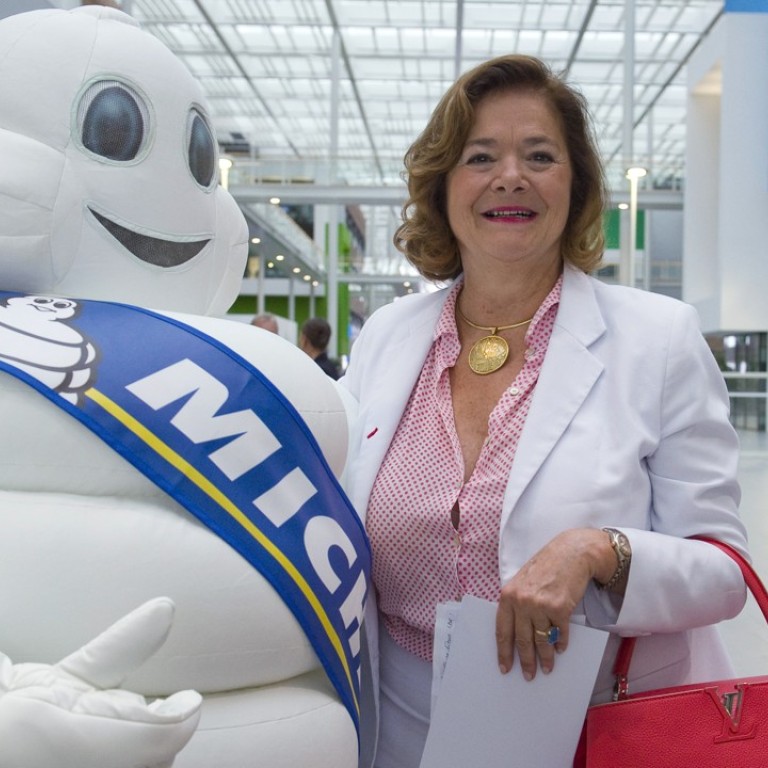
Michelin confirms Hong Kong & Macau guide is sponsored, but by companies not the cities’ tourism boards
Contradicting report that quoted her as saying Hong Kong and Macau tourism boards paid for publication of Michelin Guide, publisher’s vice-president says it is sponsored by firms including Nespresso, Melco Resorts, and Evian
Then there were some choices that raised eyebrows – Jing Yee Club received its first star after being open for only three months. And Amber seems to be the perennial bridesmaid, having been awarded two stars for 10 years in a row. Culinary director Richard Ekkebus quipped: “Well at least we’re really consistent!”
What about giving nods to places like Haku and Franzen’s Kitchen?
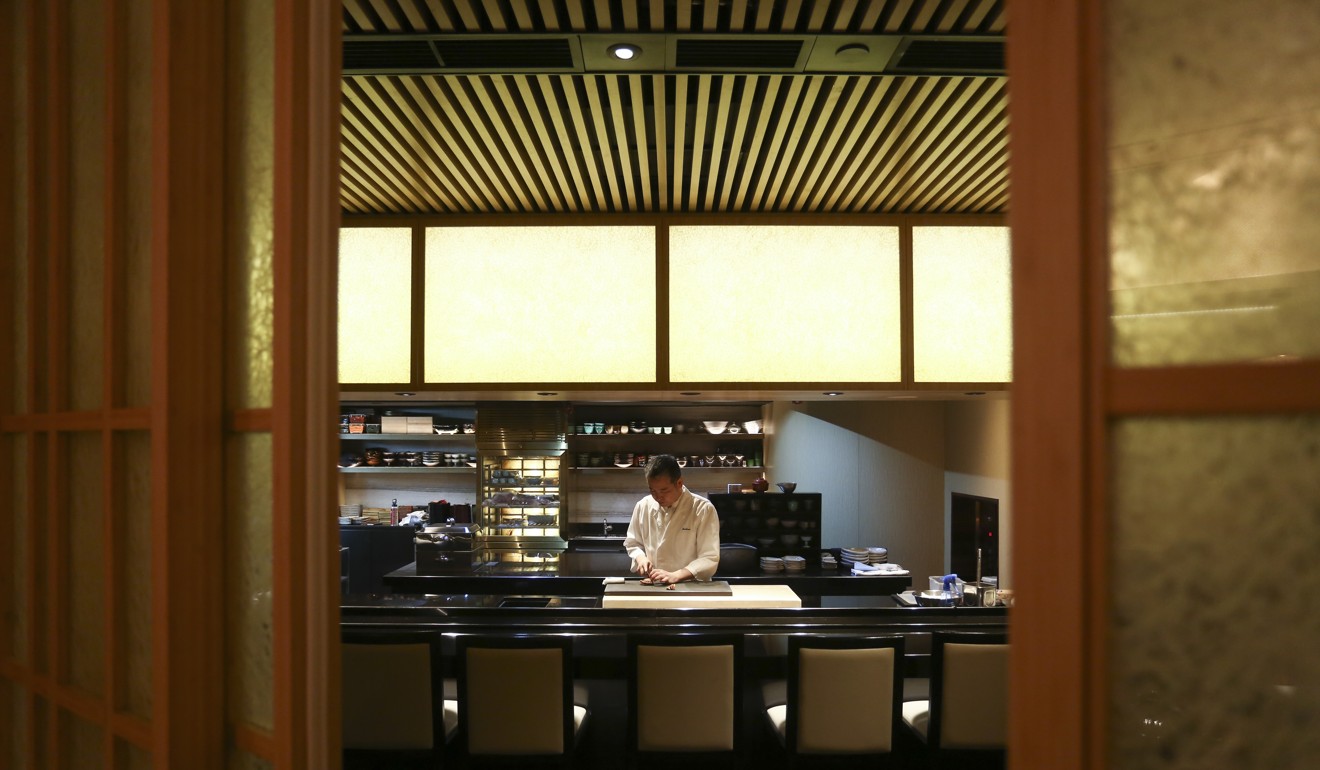
We may never know because the Michelin inspectors seem to work in mysterious ways.
However, we did manage to clarify one thing – the Michelin Hong Kong and Macau guide IS commissioned – by several private sponsors.
A report in The Washington Post in October had quoted Claire Dorland-Clauzel, executive vice- president of Michelin brands, sustainable development, The Michelin Guide and external relations, as saying the Hong Kong and Macau guide, along with those to Seoul, Bangkok and Singapore, were commissioned by their tourism boards.
Naturally we had to follow up.
We first contacted the Hong Kong Tourism Board (HKTB) for confirmation that it did commission the gourmet guide. One would think it would be an easy question to answer, but it took 24 hours.
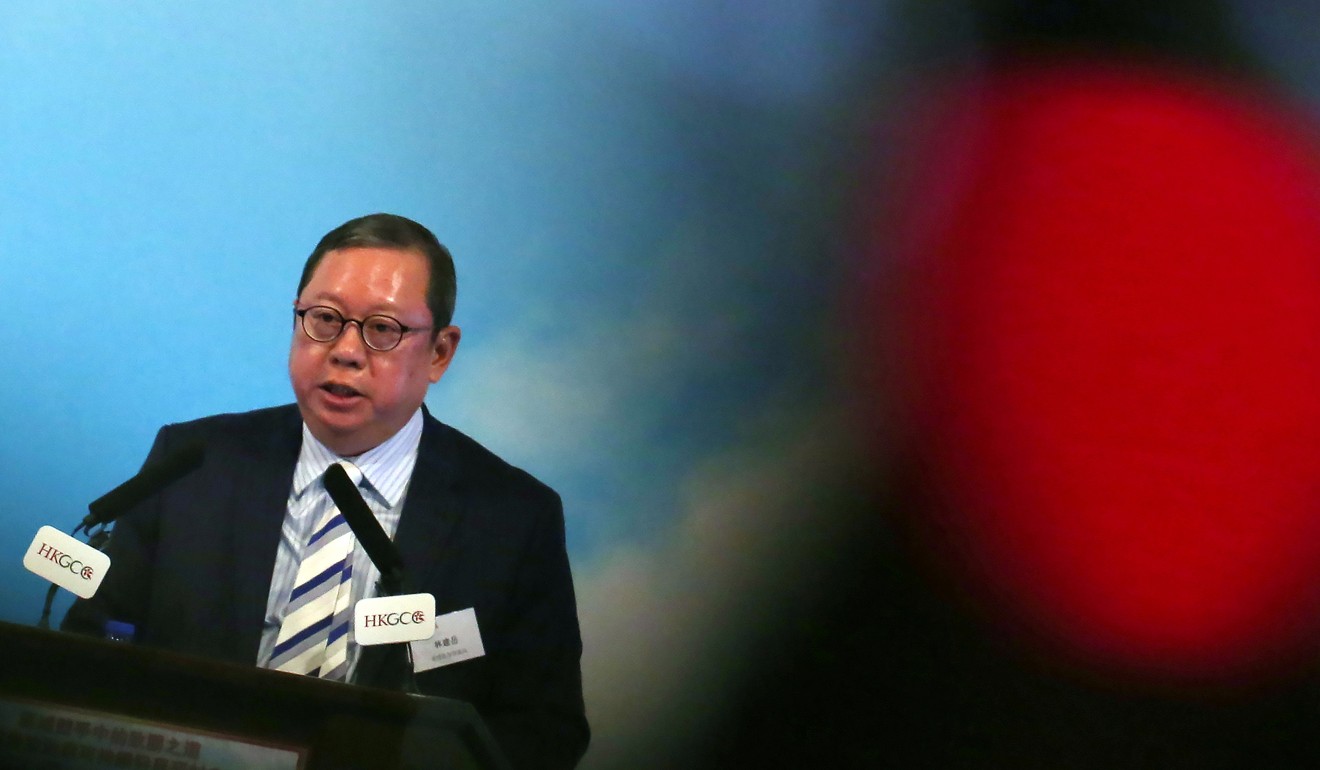
This is what the board – a government-subsidised statutory body whose members Hong Kong’s head of government, the chief executive, appoints – said: “The HKTB has not been involved in the selection of restaurants nor has it had any financial involvement with the Michelin Guide Hong Kong & Macau since its launch in 2009.”
If it wasn’t the HKTB that commissioned the guide, then how about the Commerce and Economic Development Bureau, responsible for government tourism policies through the Tourism Commission?
The bureau reiterated that the HKTB does not commission the guide.
We put the question back to Clauzel, who was at the Grand Hyatt in Macau for the Michelin announcement on Thursday.
We have a lot of sponsors in Europe and France. For them it’s important because they are associated with the brand image, which is a quality brand image, and quality of the selection of gastronomy.
She said again that the Hong Kong and Macau guide was commissioned by the Hong Kong and Macau tourism boards, and insisted it was so even after I pointed out that the HKTB flatly denied this.
How much does sponsoring a Michelin guide cost? One South Korean media outlet reported the government-run Korea Tourism Organisation is paying 400 million won (around US$350,000) a year for four years to commission the Seoul guide, which first came out in 2016. According to that report, the contract specifies a total of 3.2 billion won in payments, which roughly works out to US$1 million.
We asked Clauzel if this was correct and she confirmed it, while noting it was the KTO that revealed the amount, not Michelin.
This made us wonder how much Hong Kong might be paying for the Michelin Hong Kong and Macau guide. Clauzel refused to divulge the cost.
Over an hour later she came over to where I was filing my story and wished to clarify her earlier assertion. After I first spoke to her, she checked with her team in Paris, who said the tourism board did not commission the Michelin Hong Kong and Macau guide, but did have a contract allowing it to use the Michelin name for the annual Wine & Dine Festival held in October.
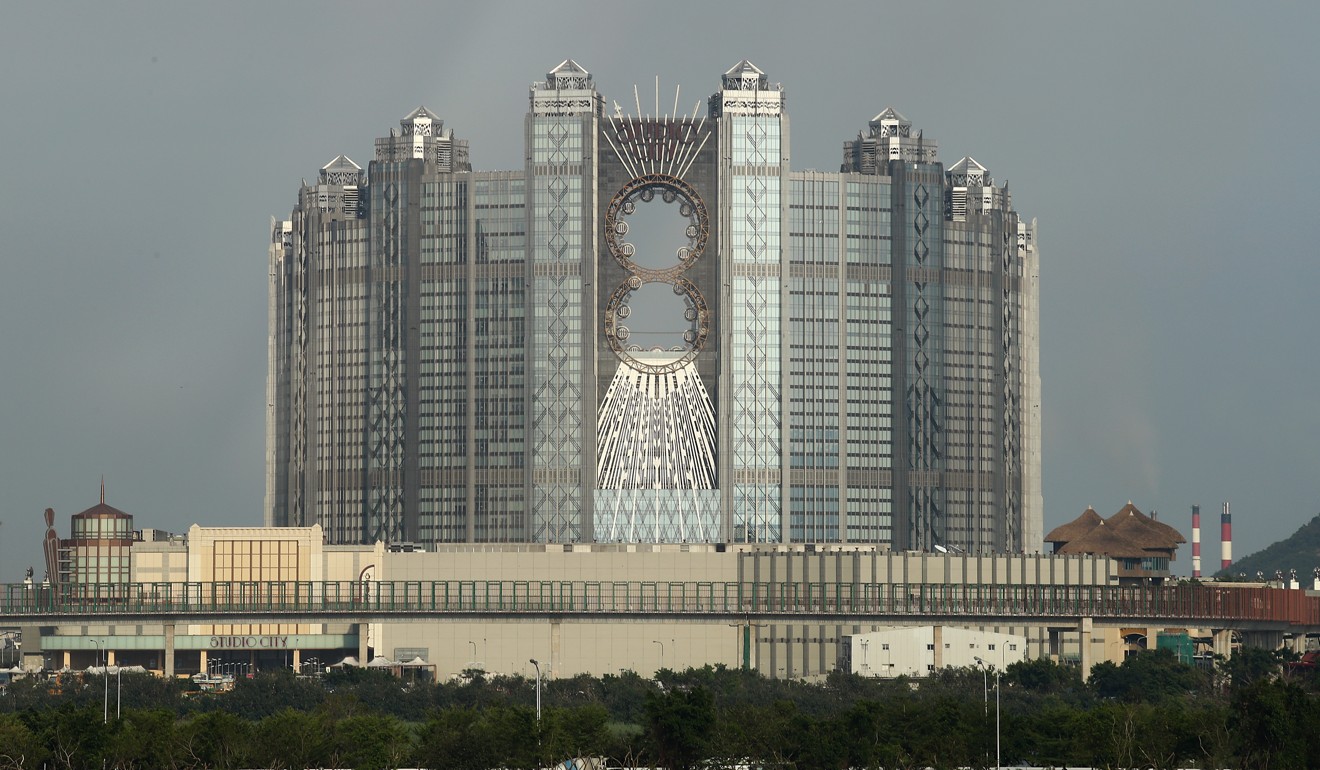
So who is sponsoring the Hong Kong and Macau guide, then?
Clauzel had earlier explained there are two kinds of sponsorship, by private companies and by tourism boards. In the case of Hong Kong and Macau, she clarified that the sponsorship was private.
The sponsors include Melco Resorts & Entertainment (a Macau hotel and casino operator), Robert Parker Wine Advocate, Mercedes-AMG, online restaurant reservation system Chope, water brands Badoit and Evian, and Nespresso. We know about these because their names were on display in Macau on Thursday.
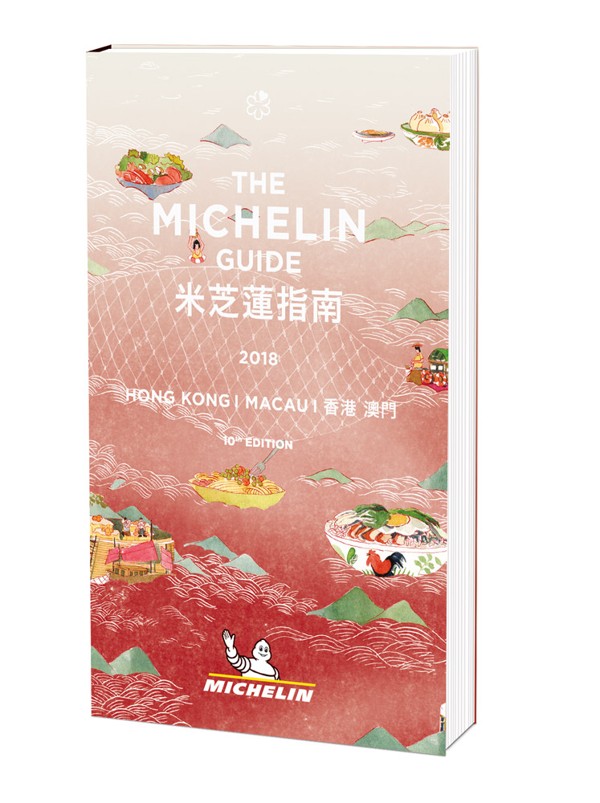
She did not disclose the terms of their sponsorships, so unless the companies disclose them, we will never know how much Michelin is making from them and the other sponsors of the Hong Kong and Macau guide.
“We have a lot of sponsors in Europe and France,” Clauzel said. “For them it’s important because they are associated with the brand image, which is a quality brand image, and quality of the selection of gastronomy.”
She emphasised that the sponsors had nothing to do with the selection of restaurants in a guide nor their ratings. “It’s the one clause that is the same in all the sponsorships,” she stressed.
Each of the above-mentioned companies has their own sponsorship contract with Michelin, and their contracts are of varying duration, but their aim, Clauzel said, was the same.
“Our brand is very famous in the world so it has a price. You cannot use the Michelin brand for commercial and marketing purposes without paying. All the brands here are interested [in sponsoring] because their business is linked to food, quality, and excellence. They are interested in being associated with our brand.”

